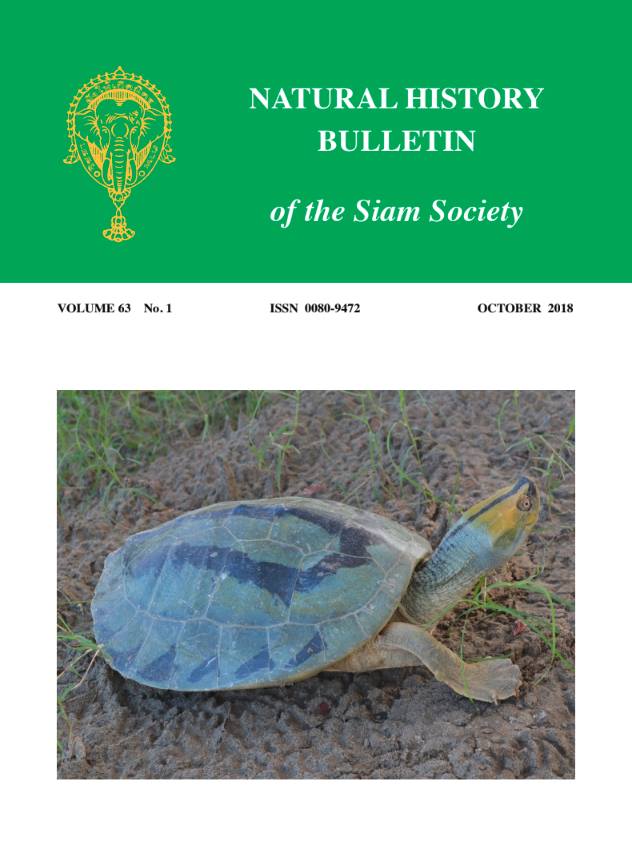The Interface Between Forest Science and Policy —A review of the IUFRO International and Multidisciplinary Scientific Conference 4–7 October 2016: Forestry-related policy and governance: analyses in the environmental social sciences
Main Article Content
Abstract
This commentary uses the experience of attending the “Multidisciplinary Scientific Conference on Forestry-related Policy and Governance” to contrast the lack of progress with socio-political-economic aspects of forest conservation/restoration with the technical advancements that have been achieved over recent decades. The social problems raised during this conference were almost identical to those addressed by similar conferences 20–30 years ago, including poor governance, ineffective funding mechanisms, failure to engage local communities and poor communication between scientists and policy makers. Recent developments, such as REDD+, were dismissed as largely ineffective, with no consensus on effective solutions. In contrast, over the same time frame, forest ecologists have succeeded in developing effective techniques that have largely overcome the technical barriers to restoring forest ecosystems that existed 30 years ago, such as accelerated natural regeneration, the framework species method, applied nucleation etc. A global study is called for on the extent to which existing science-policy interface mechanisms succeed or fail to increase forest cover and related products and services to stakeholders, so that existing socio-political barriers to forest conservation/restoration can be removed, as the technical barriers have been.


